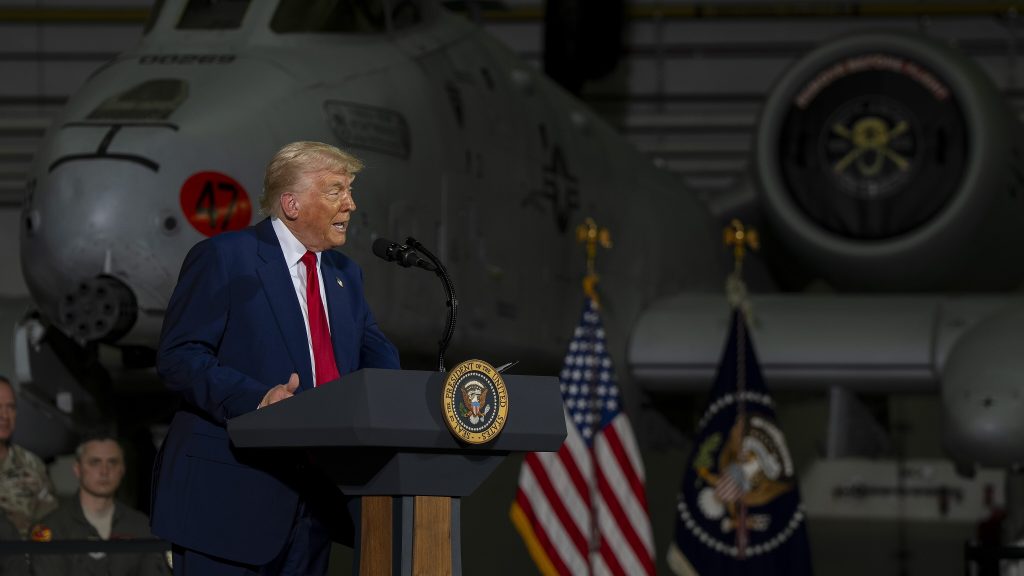Climate, Space, and Science Lose Ground in U.S. Budget Plan
Others are reading now
The U.S. is heading into election season, and the new draft budget from the Trump administration makes its priorities clear.
Cuts are coming, and they hit science and the environment especially hard, according to Videnskab. The focus is on what seems useful now, not what benefits the future.
One clear example is forestry research. A key program is being slashed by more than half.
Officials say the research doesn’t support the needs of the timber industry. In other words, it’s about logging, not conservation or sustainability.
Also read
NASA is also taking a hit. Space missions, telescopes, and international partnerships are being pushed aside.
The agency’s budget could drop by nearly a quarter. That puts several large and expensive projects at risk.
Satellites that monitor Earth’s climate are losing support. Planned space telescopes are being scrapped.
Even the James Webb Space Telescope, which involves both Danish and European scientists, is seeing its funding cut.
The Mars rover Perseverance is another casualty. The mission to bring rock samples back to Earth has been canceled.
Instead, the plan is to wait until astronauts can do it themselves. That could take many years.
Meanwhile, the budget for the International Space Station is being trimmed. NASA’s efforts to develop greener airplanes are being dropped completely.
NOAA, the national weather and ocean agency, is also facing deep cuts. The reductions hit climate research and weather forecasting hardest.
Some of their data will no longer be public. That could have serious effects, especially during natural disasters.
The U.S. has long been the leading force in international space research. If that changes, Europe and the rest of the world may have to adapt.
New partnerships might be needed—or the world may have to find its own way forward.


